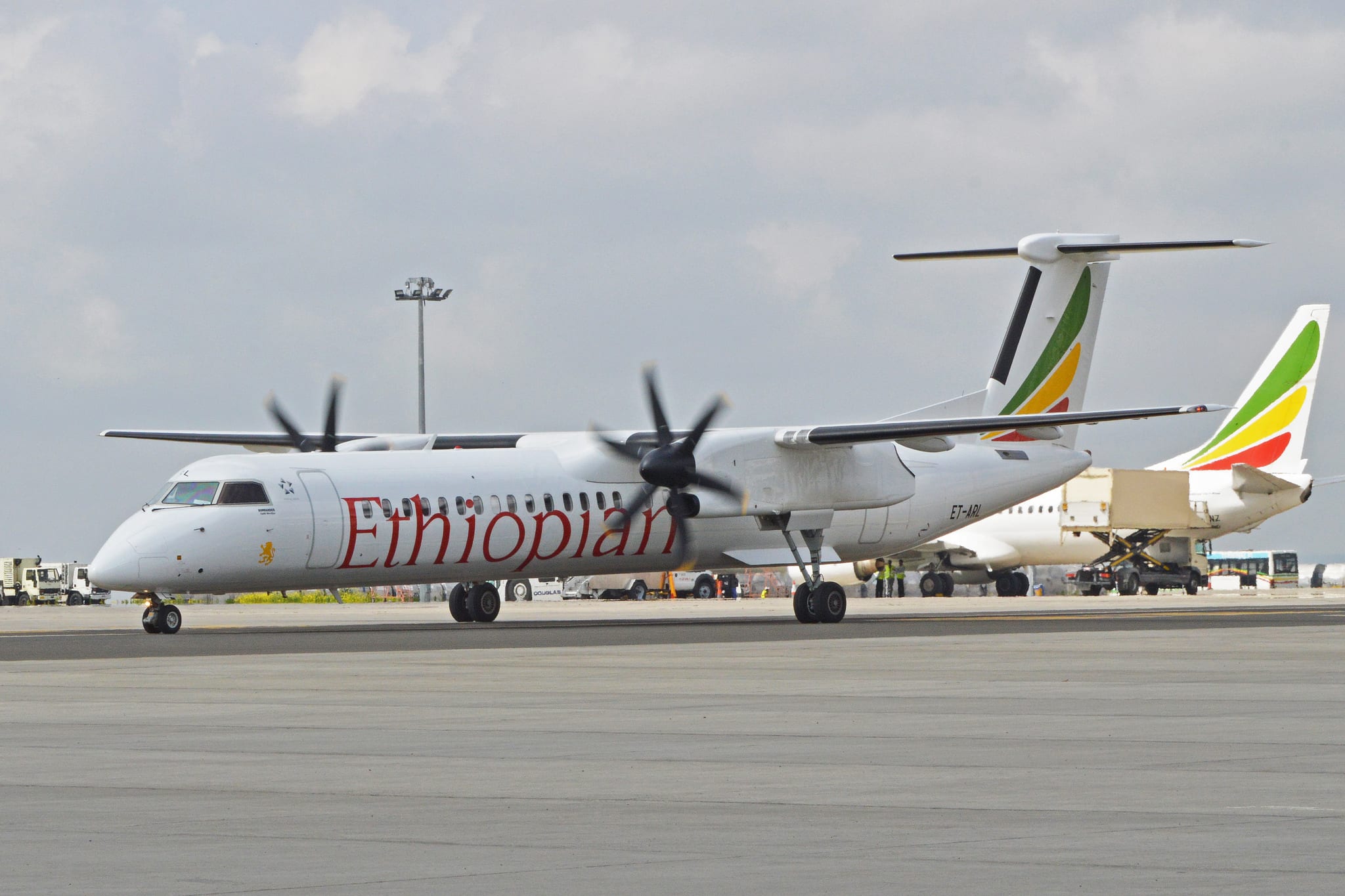
private jets charter broker
Add a review FollowOverview
-
Founded Date 23 April 1920
-
Sectors Slonec
-
Posted Jobs 0
-
Viewed 37
Company Description
Private Jet Rental: A Comprehensive Research Report
Introduction
The private jet rental market has experienced vital growth over the past decade, driven by an growing demand for comfort, flexibility, and luxury in air journey. This examine report goals to offer an in depth evaluation of the private jet rental trade, exploring its market dynamics, buyer demographics, pricing buildings, and future traits. By understanding these key features, stakeholders can higher navigate this evolving panorama and capitalize on the opportunities it presents.
Market Overview
The worldwide private jet rental market is projected to achieve a worth of roughly $30 billion by 2030, rising at a compound annual development charge (CAGR) of round 5% from 2023 to 2030. The growth is attributed to several factors, including a rise in high-web-worth individuals (HNWIs), company travel demands, and a rising preference for time-efficient travel solutions.
Key Gamers
The private jet rental market is characterized by a mixture of established corporations and new entrants. Key gamers embody:
- NetJets: A subsidiary of Berkshire Hathaway, NetJets is one in every of the most important providers of private jet services, offering fractional ownership and jet card programs.
- Flexjet: Identified for its luxurious offerings, Flexjet gives fractional ownership and leasing options, specializing in personalized service.
- VistaJet: A worldwide chief in luxury private aviation, VistaJet provides a novel subscription mannequin that enables purchasers to pay for the hours they fly.
- Wheels Up: A comparatively new player, Wheels Up has gained traction with its membership mannequin, offering access to a fleet of private jets with out the need for ownership.
Customer Demographics
The clientele for private jet rentals can be broadly categorized into two segments: particular person travelers and company shoppers.
Individual Travelers
This section primarily consists of HNWIs, celebrities, and affluent families. Individual travelers search private jet rentals for numerous causes, together with:
- Convenience: Avoiding lengthy security traces and flight delays associated with business airways.
- Privateness: The desire for a discreet journey expertise.
- Luxury: Access to high-end amenities and personalised providers.
Company Shoppers
Company purchasers represent a big portion of the private jet rental market. Businesses make the most of private jets for:
- Government Travel: Guaranteeing that executives can attain a number of locations in a single day.
- Client Entertainment: Offering private jet experiences as part of consumer engagement and relationship-building efforts.
- Event Transportation: Facilitating journey for big groups to events, conferences, and meetings.
Pricing Structures
Private jet rental pricing varies extensively based on several factors, together with aircraft kind, flight duration, and additional services. The primary pricing fashions include:
Hourly Rates
Most private jet rentals function on an hourly price basis, which can range from $1,200 to $15,000 per hour. Elements influencing the hourly fee include:
- Aircraft Kind: Larger and extra luxurious jets command increased prices.
- Flight Distance: Longer flights incur larger prices as a consequence of gas and crew expenses.
Membership and Subscription Models
Companies like Wheels Up and JetSmarter have launched membership models that allow purchasers to pay an upfront payment for entry to a fleet of jets. These fashions usually include:
- Jet Cards: Pre-bought flight hours at a fixed charge.
- Membership Fees: Monthly or annual fees that provide entry to discounted rates and extra perks.
Fractional Ownership
Fractional possession allows purchasers to buy a share of an aircraft, providing entry to a private jet for a specified variety of hours per 12 months. This model appeals to those who fly steadily however don’t require full ownership.
Tendencies Influencing the Market
A number of traits are shaping the future of the private jet rental business:
Sustainability Initiatives
As environmental issues turn out to be more and more outstanding, private jet companies are investing in sustainable aviation gas (SAF) and carbon offset packages. Shoppers are becoming extra aware of their carbon footprints, prompting firms to adopt greener practices.
Technological Advancements
The combination of know-how within the private jet rental market is transforming customer experiences. Improvements embrace:
- Cellular Apps: Allowing users to e-book flights, monitor aircraft, and handle itineraries seamlessly.
- Knowledge Analytics: Helping firms optimize their fleets and enhance customer service through personalized choices.
Increased Competition
The entry of new gamers into the market has intensified competition, resulting in improved providers, pricing, and buyer experiences. Firms are differentiating themselves through unique choices, corresponding to bespoke journey planning and enhanced in-flight services.
Challenges Facing the Trade
Regardless of its development, the private jet rental market faces several challenges:
Regulatory Compliance
The aviation industry is closely regulated, and private jet operators must navigate complicated regulations associated to security, security, and environmental standards. Compliance can be pricey and time-consuming.
Financial Uncertainty
Economic fluctuations can influence the disposable revenue of HNWIs and corporate travel budgets. If you have any questions with regards to where and how to use privatejetcardreview, you can call us at our web-site. Economic downturns might result in reduced demand for private jet rentals, prompting firms to adapt their strategies.
Public Notion
The private jet trade typically faces criticism for its perceived exclusivity and environmental impression. Firms must work to enhance their public image and reveal their dedication to sustainability.
Conclusion
The private jet rental market is poised for continued growth, pushed by growing demand from affluent travelers and companies searching for efficient journey options. Understanding the market dynamics, buyer demographics, pricing structures, and rising developments is crucial for stakeholders to thrive in this aggressive panorama. As the trade evolves, firms that prioritize sustainability, leverage technology, and enhance buyer experiences can be effectively-positioned to capture market share and drive future development.

